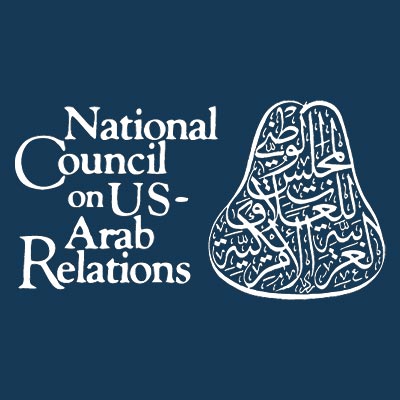Gulf countries may place Hezbollah on terror list
Source: Kuwait Times (Read full story)
Gulf Arab states will consider placing Lebanon’s Shiite party Hezbollah, which is openly involved in the Syrian conflict, on its terror list, Al-Rai daily quoted highly placed diplomats yesterday as saying. Bahrain will ask foreign ministers of the six-nation Gulf Cooperation Council to discuss “placing Hezbollah on the terror list” at a meeting in Jeddah, Saudi Arabia on Sunday, the newspaper said. Bahrain currently holds the GCC’s rotating presidency. The paper did not say whether this referred to the party as a whole or just its militia, whose men are fighting alongside government troops in a fierce battle to retake the Syrian town of Qusayr from rebels.
…
Iraq to finish Kuwait war reparations ‘in 2015’
Source: Gulf Times (Read full story)
Iraq estimates that it will complete reparations payments to neighbouring Kuwait in 2015 for Saddam Hussain’s 1990 invasion, Foreign Minister Hoshyar Zebari said yesterday. Kuwait has so far received around $30bn in war reparations, out of about $41bn. Baghdad currently pays 5% of its oil and gas revenue into a special UN fund that pays the compensation. “If we continue at this pace, I think that in 2015, after paying all the war compensation, Iraq will be completely removed from Chapter 7,” Zebari said at a news conference in Baghdad.
…
Bahrain to host oil and gas dispute resolution meet
Source: The Peninsula (Read full story)
…
The conference, being jointly organised by the Bahrain Chamber for Dispute Resolution -American Arbitration Association (BCDR-AAA), and the Association of International Petroleum Negotiators (AIPN) will be an important global gathering for the oil and gas industry and the first of its kind to take place in the Middle East and North African (MENA) regions, the world’s leading hydrocarbon. While the conference will focus on emerging issues in oil and gas disputes globally, it will also place particular emphasis on those issues specific to the MENA region in addition to The Sudan, South Sudan and Nigeria.
…
US praises religious freedom in UAE
Source: Khaleej Times (Read full story)
…
The report praised the efforts being made by the UAE government to encourage citizens to avoid tendencies and ideologies considered to be extremist. An official source at the Ministry of Foreign Affairs affirmed that the UAE is working on improving its human rights record, and on contributing to and positively interacting with the relevant international practices. The source explained that this interest stems from the values upheld by UAE and its heritage, which promote justice, tolerance and equality for all.
…
Deloitte: $68 billion GCC gas contracts planned in 5 years
Source: The Saudi Gazette (Read full story)
…
Although oil is still projected to remain the primary fuel, significant advancements in technology will cause natural gas to overtake coal as the number two fuel source, Deloitte’s white paper noted. In the Middle East, gas is forecasted to overtake oil in demand after 2025, with 50 percent of all energy demand coming from gas in 2040. Most National Oil Companies (NOCs) in the Middle East already have multi-billion dollar investment plans for gas exploration and production. GCC states, particularly the UAE, Qatar and Saudi Arabia, plan to award contracts worth over $68 billion during the next five years to raise gas production.
…
Targeted subsidies in Gulf and Mena region to aid poorest families
Source: The National (Read full story)
Jordan and Tunisia have moved ahead with trimming costly subsidies in the past year in a bid to ease fiscal pressures. In both nations the move sparked a wave of protests and strikes.Governments in the GCC and wider Mena region are considering introducing more targeted subsidies to lower-income families as they seek to wean consumers off cheap fuel. Against a tricky social backdrop, so called “smart subsidies”, involving channelling assistance to poorer members of society, could prove an alternative to scrapping subsidies altogether, said Joe Saddi, the chairman of the consultancy Booz and Company, in an interview.
…

